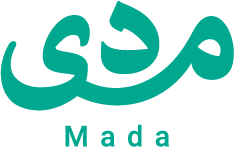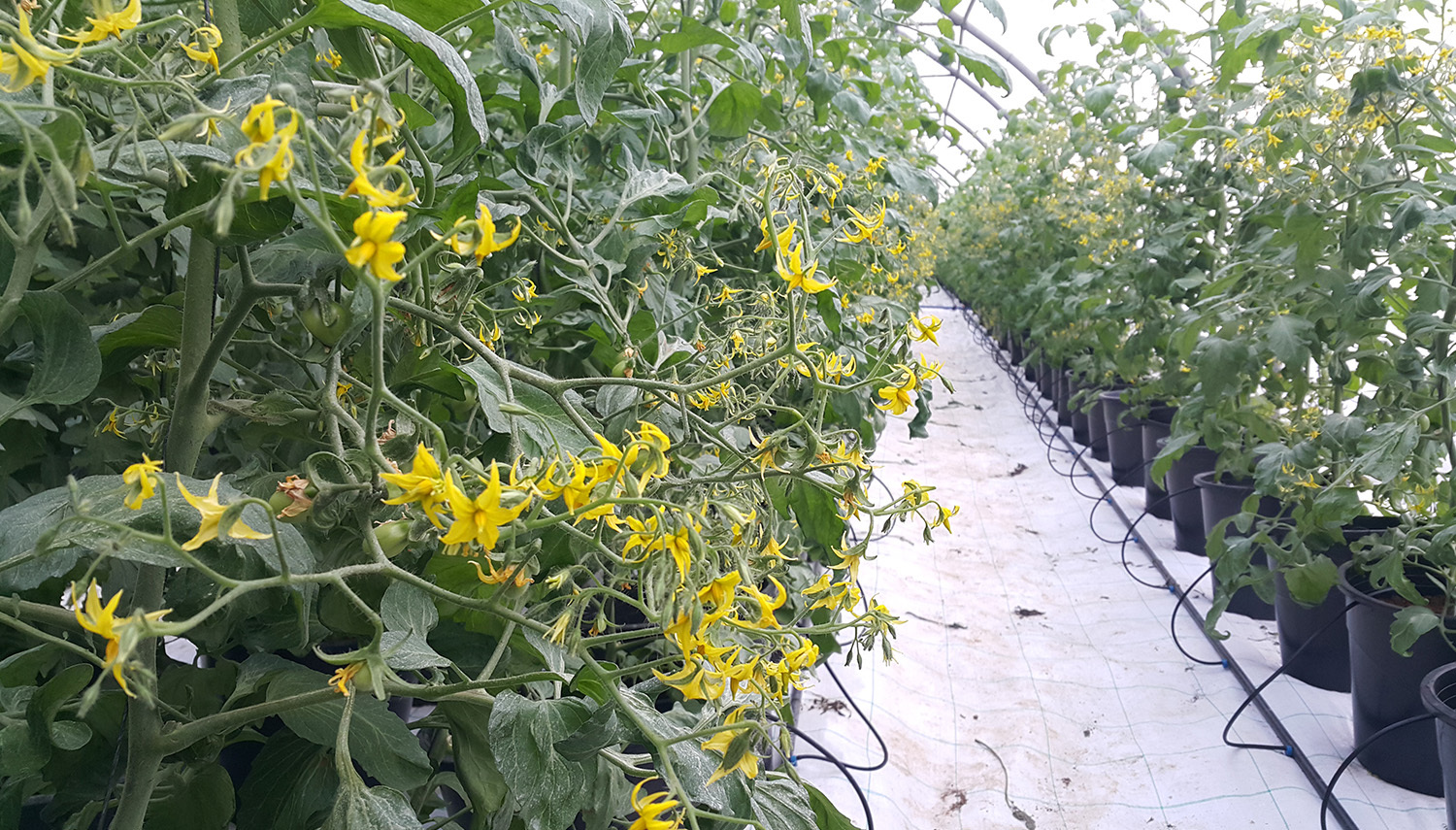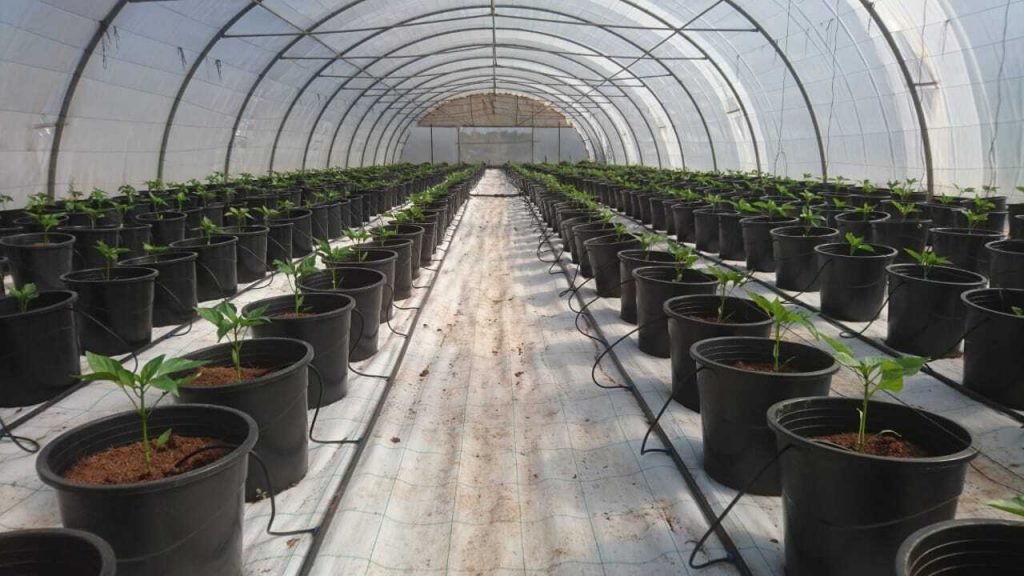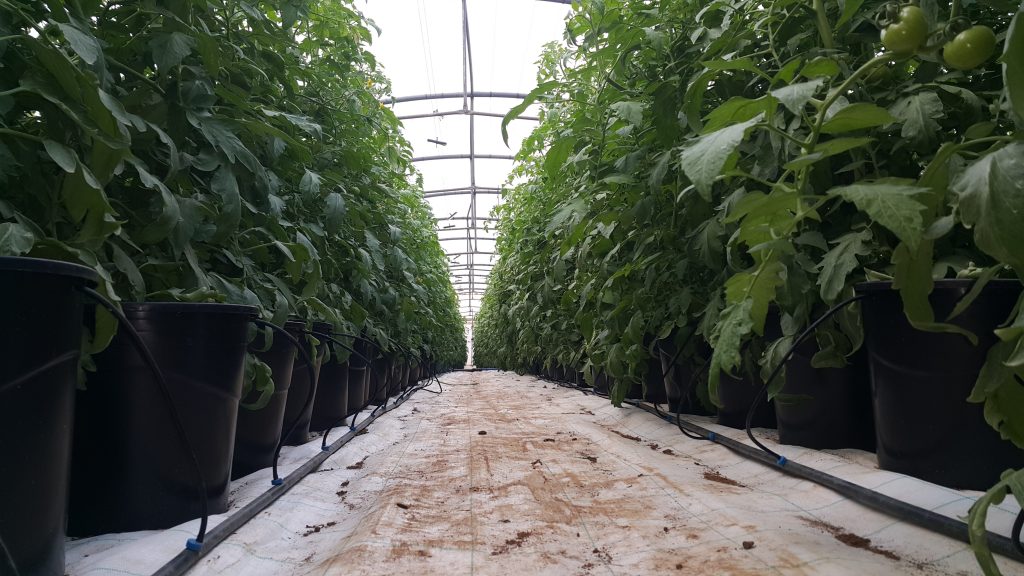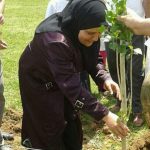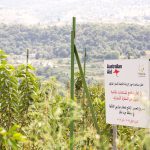Increase the Competitiveness of The Vegetables Value Chain in Akkar Region
Duration: February 2018 – December 2019
Budget and donors:
Total amount: 421.287 €.
– 95% of the budget is funded by Expertise France, in the framework of the “Private Sector Development” program funded by the European Union;
– 5% of the remaining budget is co-funded by CCFD-terre solidaire.
Context:
The part of the annual budget assigned to agriculture in Lebanon is low, ranging from 1-3%[1], resulting in the sector remaining significantly underdeveloped. Akkar in particular, given its remoteness and socio-economic status, lacks sufficient investments in the infrastructure required for proper production, storage, packaging, and transportation. Furthermore, its distance from major national markets affects both product quality and increases transportation costs. Production and post-production costs are high, mainly due to the prevalence of outdated practices and the excessive use of fertilizers and pesticides, which in turn also result in lower quality. These setbacks are exacerbated by the lack of extension services to build the capacities of farmers and raise awareness on new agricultural practices and technologies. In Akkar, agriculture is one of the main economic sectors, providing employment and income for the majority of the population. Farmers are among the poorest fringe of the population, which severely impacts their ability to invest.
Objectives:
The Action’s overall objective was to increase the competitiveness of the vegetable value chain to generate jobs and improve income opportunities in the Akkar region especially on the coastal area (where are located the greenhouses) and in the highlands (where there is a summer production). The project focused on 4 crops widely cultivated in the region (tomato, cucumber, eggplant, bell pepper).
Activities:
Over the 23 months, the intervention was divided into 3 components:
1. On the production side: 3 main activities were implemented:
– Introduction of the soilless agriculture technique through the establishment of 4 demo plots and many informational sessions about it with a high number of farmers of Akkar.
– Support farmers to help them adopt good agricultural practices through a series of 43 training sessions targeting 264 individual farmers.
– Distribution of basic equipment (20 drip irrigation systems for the farmers in the highlands and 35 fertigation units/cranks for improving the greenhouses in the coastal area) in addition to tool kits.
2. On the commercialization side: 4 major activities were implemented:
– Constitution of 2 pilot groups with the objective of diversifying the commercialization from
– Organization of a training session on business management and individual follow-up sessions:
– Implementation of a sorting unit including basic processing equipment (solar dryer)
– Organization of 5 tasting events and individual encounters
3. At the value chain stakeholders’ level: 12 meetings gathering 107 farmers, middlemen, input suppliers, NGOs representatives were organized.
Beneficiaries:
The project benefited directly 279 persons (mostly farmers) and indirectly to their families, consumers, the public at large.
